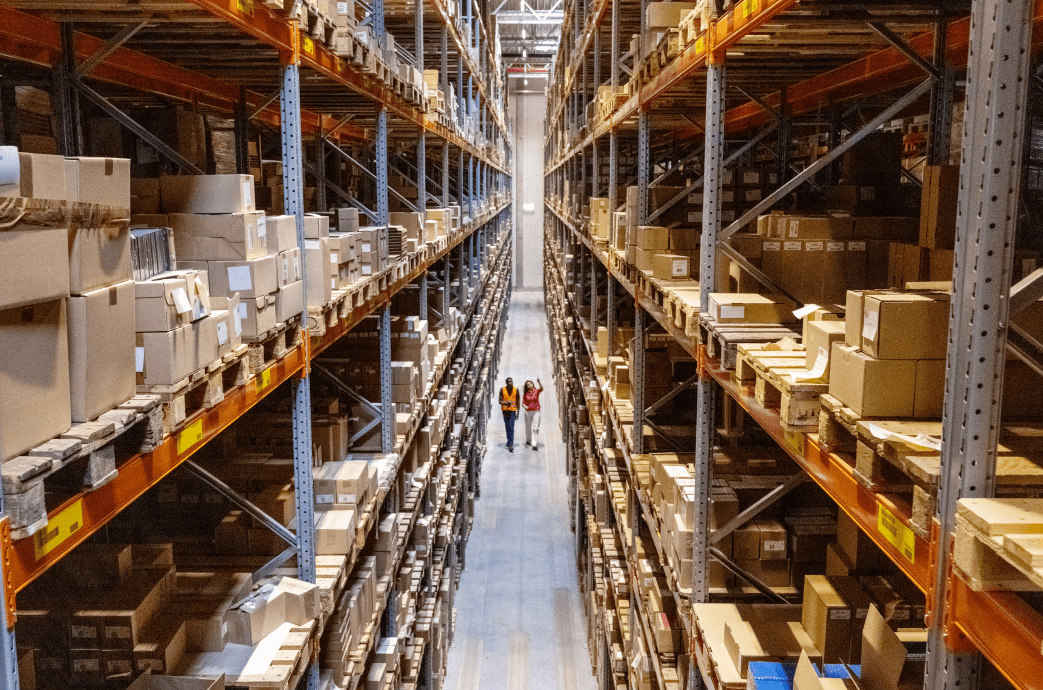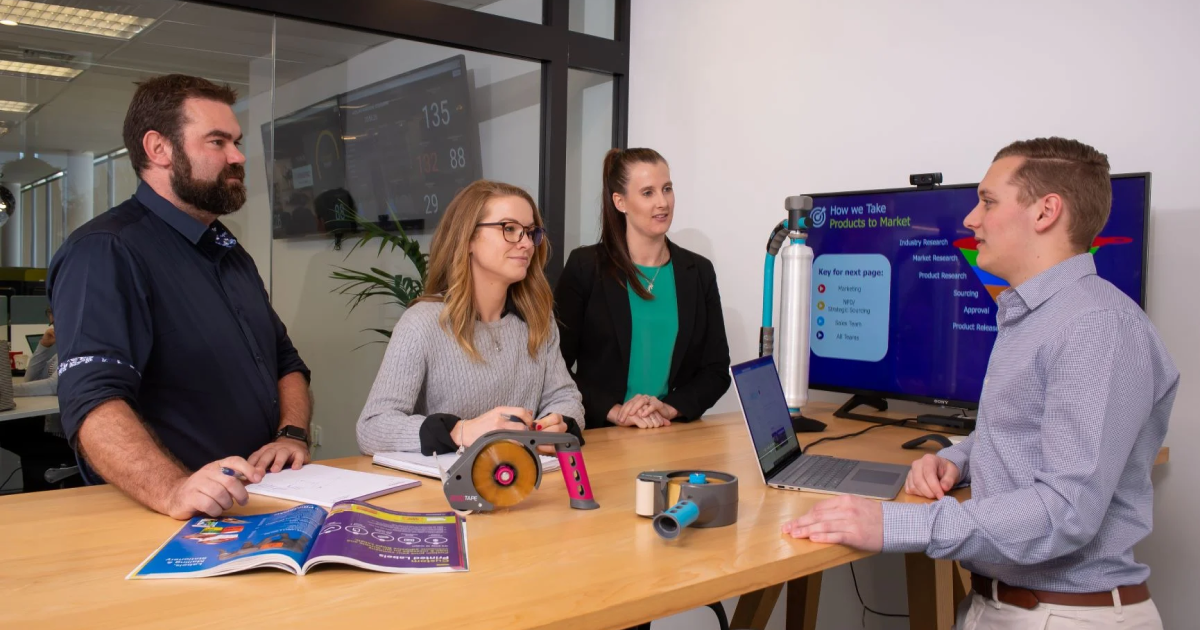
These days most businesses recognise the importance of reducing their carbon footprint and are aware of the benefits that come with it; a reputation for environmental responsibility, reduced waste and costs, attracting more customers, and better returns are all benefits associated with increased sustainability. Although the benefits may be clear, it can be difficult for businesses to know where to start when developing and implementing their own environmental plan.
In this blog, we look at how businesses can become more sustainable and five ways businesses can reduce their carbon footprint.
1. Educate employees
Getting your employees on board with environmental sustainability is at the heart of reducing a business’ carbon footprint – they’re the ones who can take your company’s sustainability strategy and make it a reality. To make sure this happens, you need to engage and educate your employees on your company’s sustainability vision.
As all work places are different, there’s no single way to best educate your employees on how to achieve sustainability. The best way is to try a few different approaches and gauge which one works best for you. In saying this, a good place to start is by surveying your staff to find out what they already know, understand, and think about sustainability. Once you’ve got this knowledge under your belt, you can target groups with messaging that will suit them best.
When it comes down to implementation in your business, include sustainability actions and behaviours in your employees’ every day responsibilities. If it’s part of their routine and job description, they’re far more likely to get on board. And remember to keep things simple. If it’s seen as something that makes their job harder, it will be harder to get uptake.
What is clear though, is that you should gain an understanding of what reducing carbon footprint looks like for your business, outline why it is important, and work with employees to incorporate sustainable actions into day-to-day business.
2. Create an effective office recycling programme
An easy and widely accepted way to start your business’ sustainability journey is to implement an effective office recycling programme. It’s a good idea to promote and communicate that this is the direction your business is taking (which should be incorporated in your employee education mentioned above). There are several sources that can be used to guide you on how to put an office recycling programme in place, such as this description from the NZ Ministry for the Environment. They share some great advice on how to design and implement a site wide recycling system in a step-by-step guide.
Some things to think about when going into this process include; working out what you can recycle, knowing how recycling is collected in your area, choosing the right recycling bin/s, using colour to increase awareness (to the bin AND to the type of recycling you are doing) and of course putting your recycling bins in convenient locations (whether that’s in the office and/or outside office buildings) that staff can access easily.
3. Building temperature control
Ensuring your building is energy efficient and temperature controlled goes hand-in-hand with sustainability. To take your building from being an energy waster to a modern green office you can be proud of, look at some of these key sustainability tips:
- install new and more effective insulation
- have regular heating maintenance carried out
- invest in energy efficient heating technologies like heat pumps and condensing boilers
- maintain cooling technologies regularly
- install optimal timing controls
- fit energy efficient windows
4. Reduce commutes
Commuting, whether to and from work on a daily basis or for work travel and meetings, is something that has a huge impact on the environment and carbon emissions. Do you know that burning 1 litre of petrol produces approximately 2.3 kg of carbon dioxide? That adds up! Driving has a significant impact on our environment and anything that can be done to reduce this will contribute to reducing your carbon footprint.
There are loads of ways that both you and your staff can cut back on pumping so much CO2 into the atmosphere. Encourage the use of public transport, biking to work, or even working from home. Carpooling is also an effective option, cutting back on fuel consumption, reducing congestion and the need for more roads and lanes. Some businesses go as far as having commuting programs to connect staff with each other, and reward carpooling and the use of public transport by offering incentives.
5. Use eco-friendly products in your business
It’s not just how you work, it’s also the materials and products you use and work with. It pays (in many ways!) to think about what you’re currently using and the opportunities to use eco-friendly alternatives. Eco-friendly packaging is an obvious way to make a change and is often made from biodegradable, or recycled materials which come in a large variety of affordable storage, shipping and packing options. Packaging is at the front-line of your company image, often being one of the first things that customers notice. Not only does it reduce your carbon footprint and protect the environment, eco-friendly packaging is great for your business’ brand image and this can only have a positive flow on effect.
It’s important to find a supplier of eco-friendly packaging you can work well with - that supplies you with products that provide performance as well as the eco-friendly properties needed. Do your research, ask questions and discuss your packaging needs and their options. You may be surprised by the eco-friendly options available such as compostable bin liners, compostable retail bags, and degradable produce bags and crate bags.






.png)

